Video images, AI and port fluidity

Why this challenge?
Why
The port is a crossing platform for a multitude of flows, whether vehicles, energy or data. The fluidity and continuous optimization of these flows is one of the operational objectives of the Smart Port in order to increase the performance of the Port but also to reduce its impact on the environment. Concerning physical flows of vehicles, numerous actions and innovations are already undertaken or implemented which are based on sources connected with the declaration of goods and vessels in the cargo community systems of the port. The 900 cameras present on the two harbors of the Port represent a source of data that has not yet been fully exploited for the purposes of optimizing road and rail flows.
Description
Use the video source to register road and rail flows in order to model them and develop a predictive analysis based on artificial intelligence, which then enables the implementation of operational actions: optimizing movements and providing recommendations localized in time and space on the possible reduction of unnecessary movements.
Example of situation
Observations of flows over a year enable seasonal concentration/congestion to be determined for each type of flows (light vehicles, heavy goods vehicles, trains) on a daily, weekly or monthly scale at specific sites in the port. The modeling of these observations and their innovative processing, in particular through artificial intelligence, leads to scenarios. These scenarios give inputs for improving and eliminating congestion points or recommending new and more efficient routes if necessary.
Expected benefits
The benefits of this challenge are multiple: operational improvement of transits within the Port for very different types of flows (passenger and employee light vehicles, HGVs, trains), reduction of a temporary congestion and its consequences on the overall efficiency of the port, elimination of useless journeys and thus reduction of the energy consumption of these movements, their carbon footprint and the associated emissions.
Trial, resources and co‑innovation
Perimeter
Port of Marseille Fos (Eastern and Western harbors)
Resources available
To be defined with the different involved Port departments + MGI.
Co-innovation
Specific support for innovation and co-innovation between the selected start-up and the port authority with MGI.
Profile for the expected startup
We are looking for a start-up or SME innovating in the development of digital applications and artificial intelligence, with significant experience in the field and skills in the development of interactive solutions and modeling.
.
